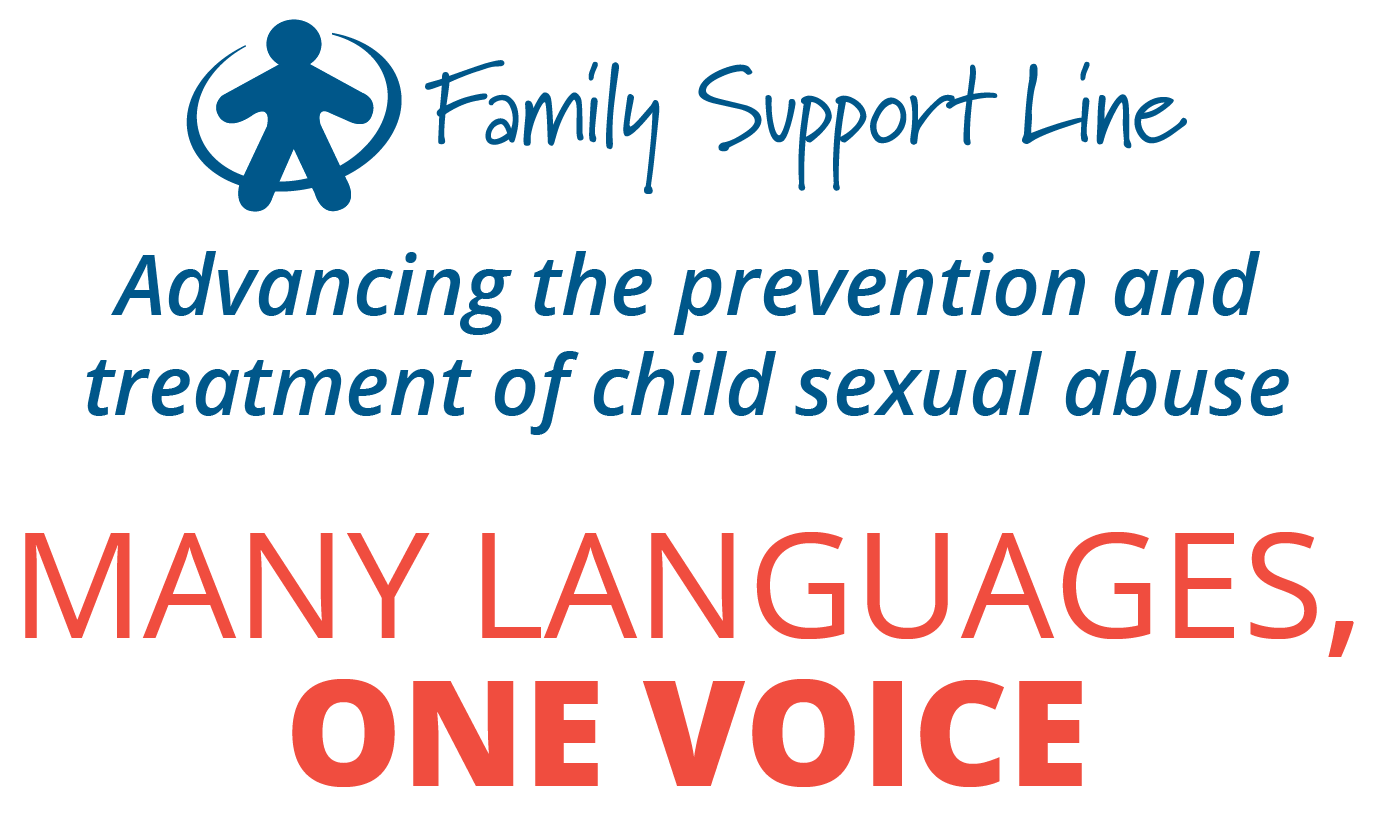Healing after sexual abuse is possible. Recognizing that a child has been abused and taking steps to protect them from further abuse is a critical part of helping them heal.
There are often signs that a child has been abused. Unfortunately, many of these signs are general indicators of a problem and may also be caused by things other than sexual abuse. So, it is important to understand these signs in context.
It is also important that signs of sexual abuse are not ignored because there could be another explanation for them. Healthcare providers and child welfare professionals with expertise in child sexual abuse assessment and investigation should be consulted when sexual abuse is suspected.
Physical Signs
Often, children do not show any physical signs of sexual abuse.
Any girl who is pregnant before she is old enough to consent to sex has been sexually abused.
Teen pregnancy and sexually-transmitted infections may also result from sexual abuse. It should not be assumed that all sexual encounters have been consensual just because a teen has had consensual sex.
Child sexual abuse should be considered if a child has:
Genital pain or burning
Injuries, bruises, or bleeding near the genitals, mouth, anus, or breasts
The child should be examined by doctor who knows about sexual abuse and other possible causes (e.g., accidental injury, non-sexual infection).
Psychological Signs
Sexual trauma can cause many difficulties. These include:
Depression
Anxiety
Nightmares or other sleep problems
Changes in appetite/eating problems
Not liking themselves/their body
Feeling “different,” “damaged,” rejected, and alone
Avoiding certain people, places, or situations
Alcohol/drug use
Self-injury
Suicidal thoughts and behavior
These behaviors can have other causes (e.g., bullying, parental divorce, other trauma). By themselves, they are not “proof” of abuse. But, they do mean that the child needs help.
Sexual Signs
It is not unusual for children to be curious about bodies and sex. However, sexual abuse can affect a child’s sexual development and behavior.
Children who have been sexually abused sometimes:
Know more about sex or have a greater interest in sex than other children their age.
Engage in compulsive sexual behavior (i.e., act as if they cannot stop, even if the behavior causes problems).
Engage in risky sex (e.g., not using condoms, sex with strangers, sex with many partners).
When children have been sexually abused, they may believe things such as:
Sex is the only way they can get their needs met.
Everyone expects sex from them.
Sex is the same as love.
Sex is always bad, painful, or scary.
They are not valuable, except for sex.
Not all children who show concerning sexual behavior have been abused. Some children become “sexually reactive” after being exposed to sexually-explicit media or others’ sexual behavior.



